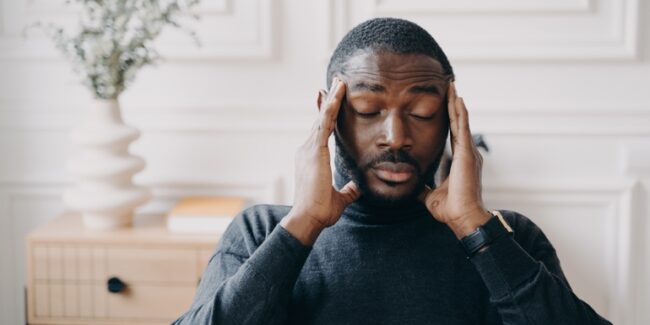We often think of things like stocks, bonds, mutual funds, annuities and assets as investments. But, investments are a broad area. According to Investopedia, an investment involves putting capital to use today to increase its value over time. An investment requires putting capital to work, in the form of time, money, effort, etc., in hopes of a more significant payoff in the future than what was initially put in.
With the increased use of technology to communicate and distribute value, the world of investing has grown to include many more opportunities than existed a few short decades ago. What we know now, and what we can do now, is leagues ahead. Just consider how Airbnb and Uber turned empty homes and idle cars into sources of income.
One of the more recent trends in alternative investing has been in the fashion industry, with people finding ways to create an income from their second-hand clothes. A decade ago, you would have struggled to offload second-hand clothing, let alone get paid for it, and emptying your closet meant a trip to a charity shop.
In a recent article in the Economist, we read that:
“Once Airbnb and Uber had propelled the idea of a sharing economy into the mainstream, firms turning used clothing into an asset class were not far behind. As with accommodation and transport, not just resale but rental was revolutionised. By Rotation and Rotaro act like sharing-economy apps for wardrobes. Now, whether people are reselling knick-knacks, lending out old clothes, renting a spare room or picking up passengers in their spare time, they are making better use of their assets than before.”
We are literally moving from old bags to new riches. Living in a time where we can be so profoundly connected to how we create and experience value is exciting.
We don’t have to simply invest in a long-term savings account; we can become fully immersed in the grassroots investing of our money. The boredom of covid-19 lockdowns may have boosted resale by giving people time to clear their wardrobes and browse second-hand fashion online. According to estimates from GlobalData, last year saw over 33m new buyers and 36m new sellers of old garb.
The very thought that an item might be rented out or resold in the future changes how we approach buying it in the first place. From Meta (Facebook) groups and Telegram channels to apps and blockchain platforms that allow us to exchange value like never before, the future of finance and our economies are colourful and dynamic. Anything can happen.










